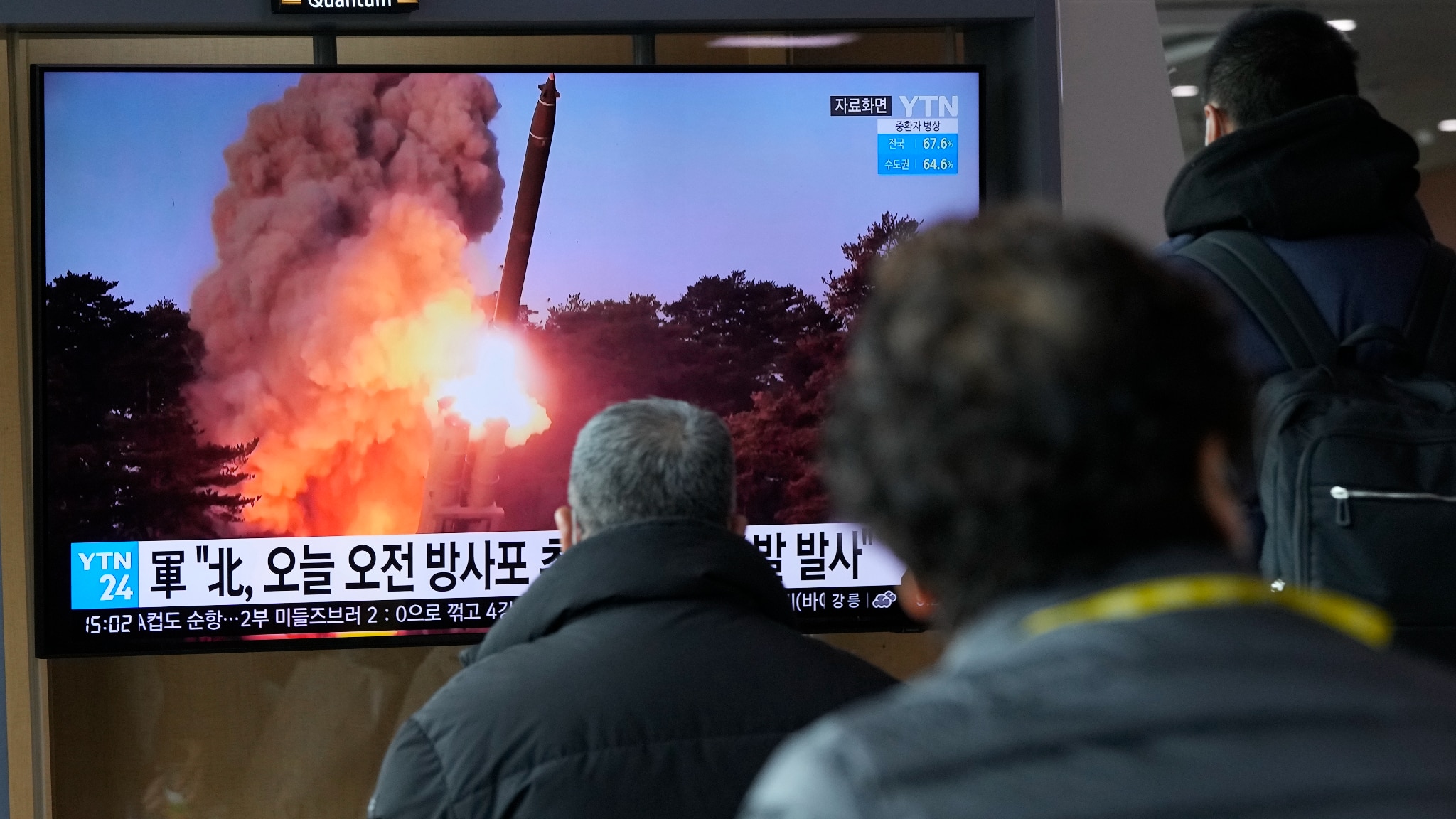North Korea today tested an "intercontinental ballistic missile": South Korean President Moon Jae-in said, expressing disappointment at the end of the National Security Council meeting, "for the violation of Pyongyang's self-imposed moratorium" on the tests and UN resolutions.
The Northern move falls on the day in which NATO meets in Brussels with US President Joe Biden to face the crisis of the ongoing conflict in Ukraine and with the unusual presence of Japanese Prime Minister Fumio Kishida, whose Defense Ministry said that the missile would have fallen about 170 km off the coast of Aomori, in the Japanese exclusive economic zone (EEZ).
In response to the latest missile launch, the Tokyo government has called for a national security conference to be opened.
Prime Minister Kishidaha condemned the launch "strongly" calling it "reckless" and "unacceptable".
Kishida said he wanted to confirm the coordination of the response to Pyongyang's repeated provocations that violate UN resolutions.
The premier added that Japan will work with the US and South Korea, alluding - according to Tokyo media - to further sanctions on North Korea after the missile landed in Japan's exclusive economic zone.
The
United States "strongly condemns" North Korea
for testing a long-range ballistic missile carried out today.
This is what we read in a note from the White House.
"This launch is a blatant violation of multiple UN Security Council resolutions and unnecessarily raises tensions and risks destabilizing the security situation in the region," says Washington.
"We urge all countries to hold her responsible for these violations and invite the Democratic People's Republic of Korea to come to the table for serious negotiations. The door has not closed on diplomacy, but
Pyongyang must immediately cease its destabilizing actions."
The United States, the statement concludes, "will take all necessary measures to ensure their safety and that of the allies of the Republic of Korea and Japan"
The new launch follows by just a week that of a missile that probably exploded shortly after take-off.
With this experiment there are already 12, a record number, the tests of this type carried out so far this year by Pyongyang, which, according to Washington and Seoul, is testing the technology of a new ICBM called Hwasong-17, which potentially it has greater reach and destructive power.
The launch comes close to an important date, that of April 15, which celebrates the 110th anniversary of the birth of the founder of the state, Kim Il Sung, grandfather of the current leader Kim Jong Un.
South Korea in response to the test carried out a cycle of "strategic" missile launches from land, sea and air, reports the Joint Chiefs of Staff of Seoul.
For its part
, China calls on all parties to "advance the peace process" of the Korean peninsula.
"We hope that all interested parties will focus on the general situation of peace and stability in the peninsula," said the spokesman for the foreign ministry.
The hope, he added in the daily briefing, is that "they adhere to the correct direction of dialogue and consultation and collaborate to advance the process of political solution of the Korean peninsula issue".

